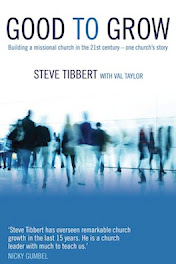Making a will is important because if you are married at the very least you will want to ensure that on your death your assets will go to your spouse - a will ensures that this will happen without major complications. At a time of bereavement the last thing you would want to burden your family with is a complicated financial and legal process – all because you didn’t think to plan ahead and make the necessary arrangements. There are tax reasons to make a will as well as ensuring that your assets go to the person that you want them to.
For example, in the case of a single person who has no children, but has brothers and sisters and parents - if they don’t make a will, their assets go back to their parents. From a tax point of view that could mean that because that will add to the parents’ assets, they will then end up paying inheritance tax on that extra money when they die. It might be better to make sure that such assets went to brothers and sisters or to a friend, a charity, or even to the church. Often single people feel that they do not need to make a will, but it is something you should seriously consider.
If you have children who are under age (they still are legally ‘minors’), you should also give serious thought as to who you would like to look after them if you were to die while they were still young and needing care. Have you asked someone to take responsibility as guardians? That should be high on your priority list. If you were to die, the people who would be considered in line to do this, maybe a brother or sister in some situations, might not actually be your first preference for such a role. Sometimes it’s hard to think about such a drastic scenario but it can become a massive reality for some people. If you want to be considerate in managing your family affairs it would be wise to have thought through this important responsibility. Also you should so arrange things that funds are available to enable those chosen people to look after your children for what could be a period of some years and lessen the financial burden for them – some thought on this is needed. Without getting heavy about such things it is certainly worth thinking about.
This series of blogs is based on the annual stewardship seminar from King's Church London
Charismatic Gifts in Church History
4 weeks ago






